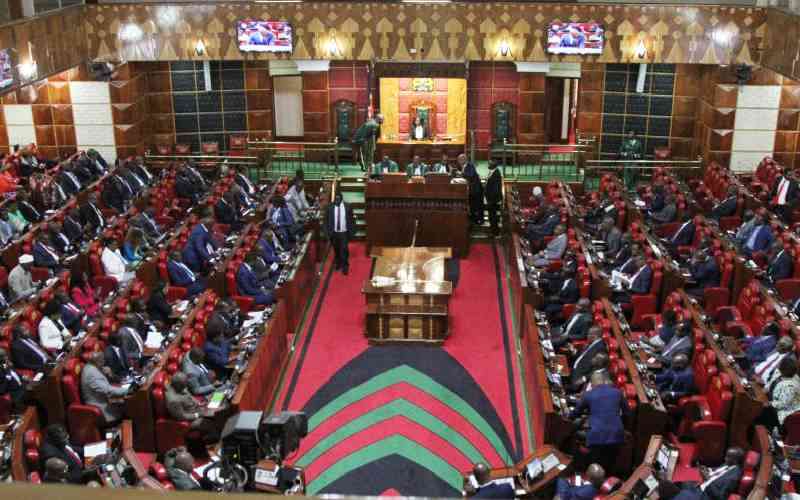×
The Standard e-Paper
Stay Informed, Even Offline

On several occasions, the President has expressed hope and desire that the Executive will be held to account by a robust Opposition.
On the campaign trail he categorically ruled out any possibility of negotiating with the opposition to form a "Nusu Mkate" government. More recently, the president directed that members of the Executive should have time to brief Parliament on the workings of government, and have Parliament interrogate them on the floor of the House.